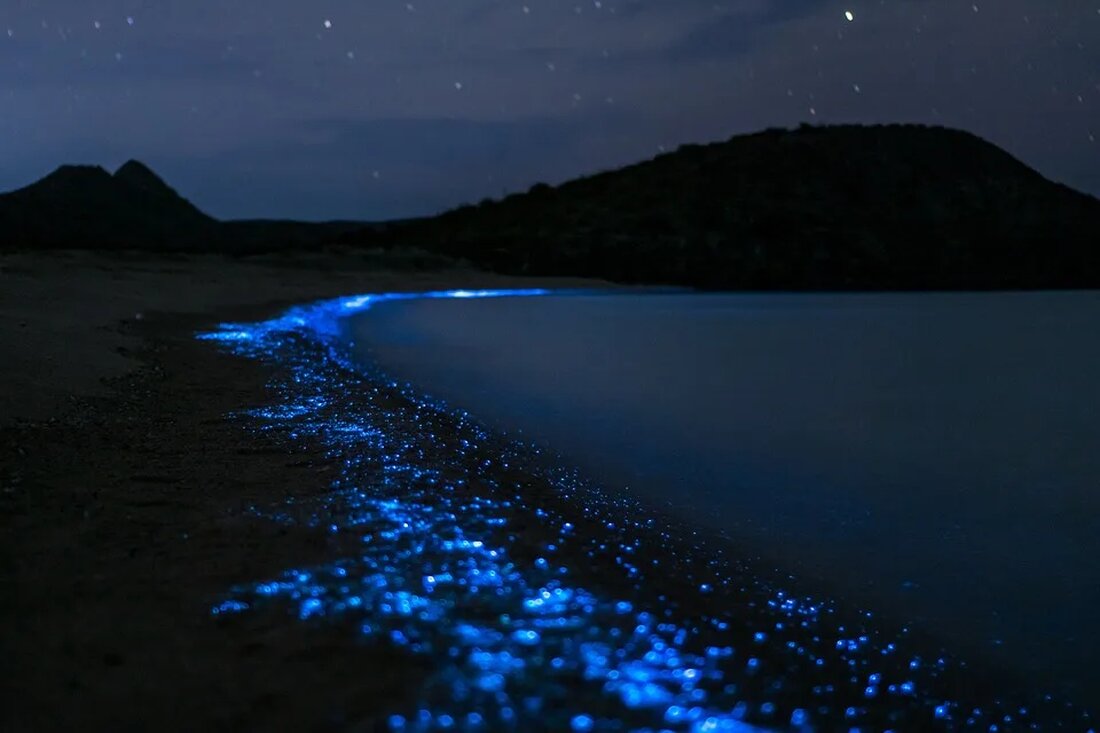Plankton: Invisible Heroes of the Oceans
Although it is so microscopic that it cannot be seen with the naked eye, plankton plays an enormously important and far-reaching role in the global ecosystem. Plankton, the unseen heroes of the oceans, is the base of the open ocean food chain and a major store of Earth's CO2, making it an indispensable part of the global climate system. In this article we will shed light on the fascinating world of plankton for you. What is plankton? Definition of Plankton Plankton consists of tiny organisms that float in fresh or salt water. Its name comes from Greek and means “that which wanders”, fitting that it…

Plankton: Invisible Heroes of the Oceans
Although it is so microscopic that it cannot be seen with the naked eye, plankton plays an enormously important and far-reaching role in the global ecosystem. Plankton, the unseen heroes of the oceans, is the base of the open ocean food chain and a major store of Earth's CO2, making it an indispensable part of the global climate system. In this article we will shed light on the fascinating world of plankton for you.
What is plankton?
Definition of plankton
Plankton consists of tiny organisms that float in fresh or salt water. Its name comes from Greek and means "that which is drifting", fitting that it is mostly driven passively with the currents through the waters of our world. Despite its small size, its biodiversity is among the greatest on our planet. Plankton are broadly divided into two categories: phytoplankton, the plant-like species, and zooplankton, the animal-like species.
Phytoplankton and their importance
Phytoplankton include tiny, photosynthetic organisms, i.e. plant-like single-celled organisms that, like plants on land, convert sunlight into food. Because they absorb sunlight, they are green, giving the sea its characteristic color. Not only that, but phytoplankton are also responsible for about half of Earth's total photosynthetic activity, producing about the same amount of oxygen in the process. They are the essence of the marine food chain and one of our planet's largest carbon sinks.
Zooplankton and their importance
Zooplankton, the second major category, includes a variety of tiny animals that feed on phytoplankton or other species of zooplankton. These include tiny crabs, jellyfish larvae, protozoa and many other species. Zooplankton is often the primary food source for fish and other larger sea creatures.
The role of plankton in the ecosystem
Plankton and the food chain
The fundamental function of plankton is its role as the base of the food chain in the world's oceans. Phytoplankton, which convert sunlight, water and carbon dioxide into organic matter and oxygen, is the food source for zooplankton. This, in turn, serves as food for numerous marine organisms, from tiny fish to giant whales.
Plankton and the climate
But plankton doesn't just influence the oceans; it also has a lot to offer us humans. Phytoplankton play an important role in our climate by absorbing carbon dioxide from the atmosphere and converting it into oxygen. In this process, it binds carbon, which then sinks to the sea floor as the plankton organisms die and sink. In this way, plankton acts like a large carbon sink and actively helps reduce greenhouse gas levels in our atmosphere.
Plankton and ocean health
The health and well-being of the oceans depend heavily on plankton. Phytoplankton require sufficient sunlight and sufficient nutrients. The supply of these nutrients depends heavily on ocean currents, temperatures and human pollution of the water. The effects of climate change on marine life are complex, but research suggests that rising water temperatures and ocean acidification could affect the growth and distribution of phytoplankton.
Plankton monitoring is therefore an important element of oceanography. By monitoring the amount and distribution of plankton in the oceans, scientists gain important clues about changes in the marine ecosystem and climate.
conclusion
Plankton may be invisible, but their role in our oceans and planet is anything but. They maintain the food chain, help regulate our climate, and indicate to us the health of our oceans. The more we learn about these tiny heroes, the better we can protect and preserve our precious marine resources. Truly, plankton are the unseen heroes of the ocean. As small as they are, their importance for life on earth is huge.

 Suche
Suche
 Mein Konto
Mein Konto
